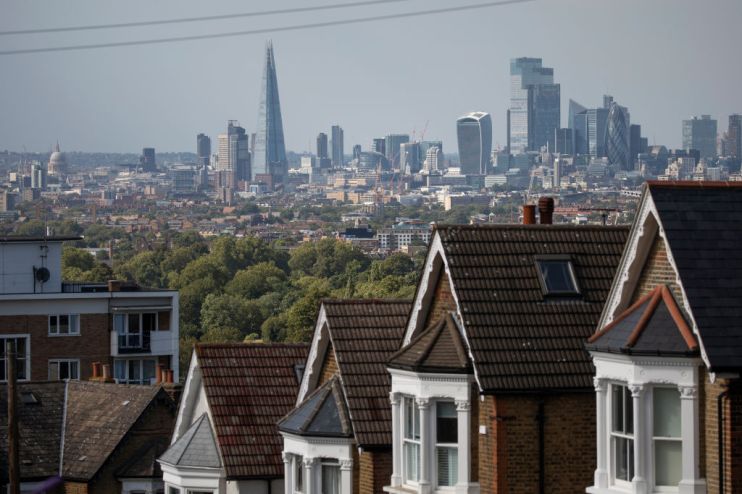Top housebuilders pay ‘excessive’ £16bn in dividends over 18 years

The UK’s biggest housebuilders have paid shareholders £16bn in dividends over the last 18 years while failing to significantly increase the supply of new homes, according to a report.
Researchers from Sheffield Hallam University found the eight largest firms paid shareholders 260 per cent more in 2022 than 2005.
The firms are Barratt, Taylor Wimpey, Persimmon, Berkeley, Bellway, Redrow, Bovis and Crest Nicholson.
Their dividends payments totalled £1.8 billion in 2022, representing 47 per cent of pre-tax profit.
Meanwhile, the annual number of homes built increased by 23 per cent from 66,902 in 2005 to 82,288 in 2022, with the firms paying an average of more than £22,000 in dividends for each unit built.
The report calls on the government to “curb excessive shareholder returns and capture more value for reinvestment”.
“Money is being lost from the housing system as shareholders extract huge returns, with little sign of this flowing back in to support new development,” said Dr Tom Archer, a senior research fellow at Sheffield Hallam and author of the report. “This raises serious questions about why reinvestment has not been prioritised to help increase the supply of affordable homes.”
“In times of uncertainty, such as these, sometimes battening down the hatches and waiting for more favourable market conditions is the best course of action,” Hargreaves Lansdown analyst Aarin Chiekrie told City A.M. “As a result, housebuilders have slowed down their rate of land purchases and many are sitting on large cash piles, waiting for market conditions to improve.”
He added: “Housebuilders currently have little incentive to increase the speed at which they put up new homes. Doing so when the demand isn’t there would likely push house prices down and hurt margins. For a lot of housebuilders, slowing building rates to ensure financial resilience and maintaining dividend payments is the best way to provide reasonable returns to shareholders in this climate.”
Housebuilding reform was a key theme of last week’s Labour party conference as Keir Starmer said he would “bulldoze” planning rules and take radical action to build new homes, towns and cities if he became prime minister.
Labour has promised to build 300,000 new homes a year, which was previously the Conservative government’s target.
Each firm was contacted for comment. Bellway and Barratt pointed City A.M. to the Home Builders Federation, which said: “Housing supply is cyclical and builders’ profits reflect that. Following the financial crash, supply collapsed and many house building companies failed to survive and those that did posted losses. In the decade that followed, the industry doubled supply and firms moved back into profitability. Successful companies attract investors that allows greater investment in land and skills and local communities as more homes are built.”